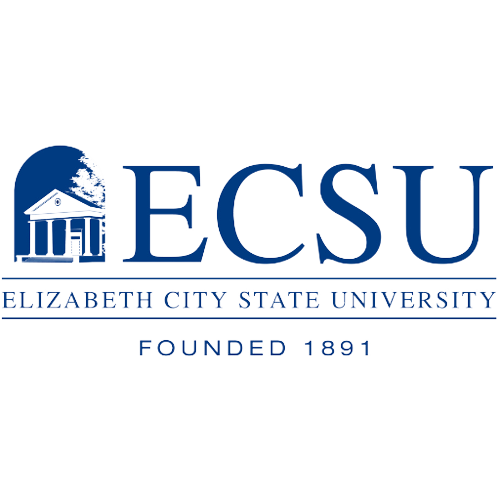📖Program Curriculum
This course has a common first.
In the first, the curriculum is shared across related courses allowing you to gain a broad grounding in the discipline before going on, in the second and third, to specialist modules in your chosen field.
We want your degree to fit around you, so upon successful completion of your first, you could swap degrees with another course in your common first (subject to meeting progression requirements).
Common first-year courses
Mathematics and Statistics (Hons)Physics and Mathematics
Modules
Calculus - 20 Credits
Algebra - 20 Credits
Programming 1: Concepts and Algorithms - 20 Credits
Probability and Statistics - 20 Credits
Mechanics and Numerical Methods - 20 Credits
Mathematical Case Studies - 20 Credits
We regularly review our course content, to make it relevant and current for the benefit of our students. For these reasons, course modules may be updated.
In the second you will develop the mathematics which you started in one, concentrating further on a core of theoretical and applicable mathematics, from more advanced algebra and calculus, through ordinary and partial differential equations to real analysis and a strand of statistical study.
Modules
Further Calculus and Complex Analysis - 20 credits
Linear Algebra and Differential Equations - 20 Credits
Groups and Rings - 20 Credits
Partial Differential Equations and Analytical Mechanics - 20 Credits
Real Analysis - 20 Credits
Linear Statistical Models - 20 Credits
We regularly review our course content, to make it relevant and current for the benefit of our students. For these reasons, course modules may be updated.
There’s no better way to find out what you love doing than trying it out for yourself, which is why a work placement2 can often be beneficial. Work placements usually occur between your second and final of study. They’re a great way to help you explore your potential career path and gain valuable work experience, whilst developing transferable skills for the future.
If you choose to do a work placement, you will pay a reduced tuition fee3 of £1250. For more information, please go to the fees and funding section. During this time, you will receive guidance from your employer or partner institution, along with your assigned academic mentor who will ensure you have the support you need to complete your placement.
Modules
UK Work Placement – 0 credits
International Study/Work Placement – 0 credits
We regularly review our course content, to make it relevant and current for the benefit of our students. For these reasons, course modules may be updated.
The final continues the themes of developing expertise in pure and applied mathematics. In addition to core advanced modules, you will be provided with a wide choice of options from modules such as Topology and Applications, Quantum Information and Quantum Computation, and Financial Mathematics. You will also do a substantial research project on a mathematical topic with a tailored support from an individually selected supervisor.
Modules
Number Theory and Cryptography - 20 Credits
Advanced Topics in Mathematics - 20 Credits
Fluid Dynamics - 20 Credits
Project - 20 credits
Optional Modules
We regularly review our course content, to make it relevant and current for the benefit of our students. For these reasons, course modules may be updated.








